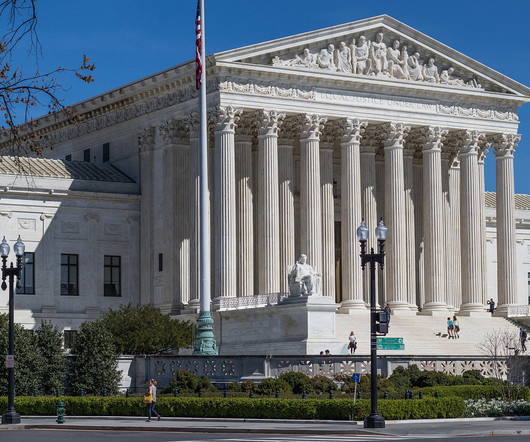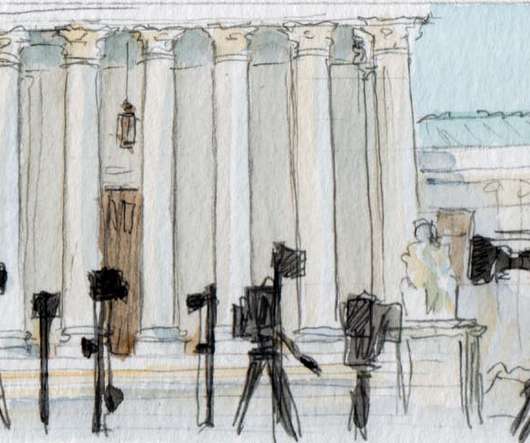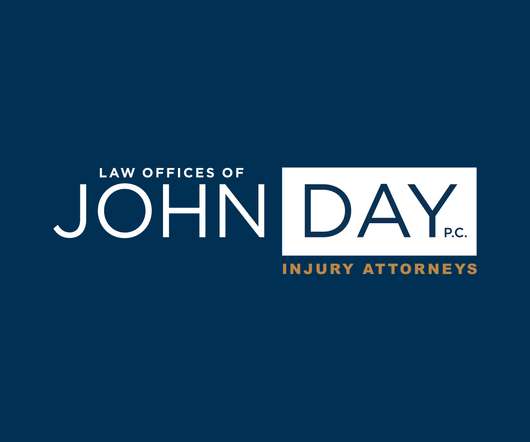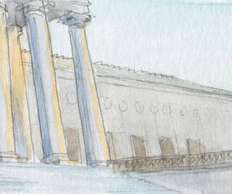US Supreme Court declines North Carolina appeal in undercover investigations case
JURIST
OCTOBER 16, 2023
The US Supreme Court declined to hear an appeal from North Carolina on Monday over the constitutionality of a state law allowing employers to sue employees working as undercover investigators. ” The denial from the Supreme Court offered no explanation or reasoning. .” The challenged statute, N.C.














Let's personalize your content